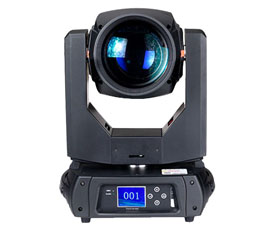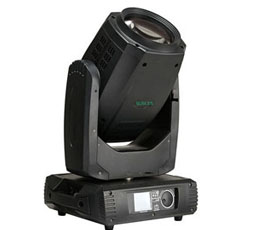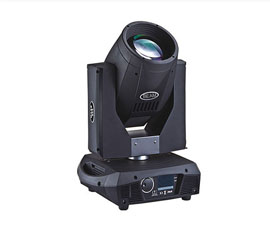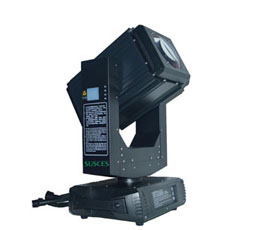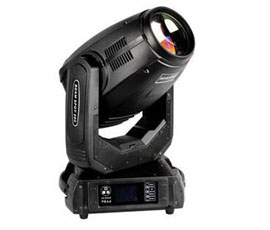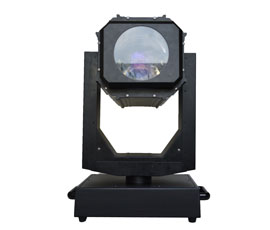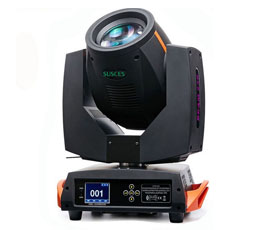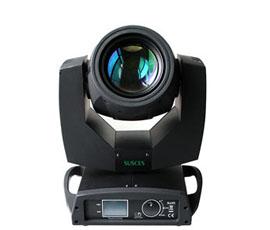
The Two Functions of Creative Management System
Theater digital creation management system is based on the computer virtual reality technology platform, set the theater performance process, the theater stage equipment management and information technology as one of the computer application system. In the theater digital creation management system, the real-time rendering technology realizes the three-dimensional visual effect of the theater scene; the interactive real-time driving, the virtual scene equipment movement state and the reality scene exactly the same; the multimedia technology application, Audio and light effects such as audio-visual sense, a high degree of reduction of the scene. Therefore, the theater digital creative management system is a system immersed in the scene, to achieve the arts and management of digital and information system.
Theater digital creation management system to achieve the two major functions:
(1) to provide a realistic digital platform for artistic creation;
(2) for the theater operations to provide information management platform.
Creation is the life of art, digital creation technology is an important transformation of traditional creative process and method. Real-time interaction between the system and the director, real audio-visual experience of real-time reduction and show, will stimulate the creative process of art inspiration, improve the creative efficiency. Digital theater management method, is the computer graphics technology and database technology based on the combination of network platform. Theater digital creative management system will be a single form of the past database model, into a real three-dimensional scene in the form of data representation, the realization of the database visualization, that is, in the scene to obtain data in the scene to process data in the scene management data. It is distinguished from the general database management model is characterized by intuitive, rapid positioning, real-time click to obtain and process data. Based on the network, the digital theater management, will be in the cultural promotion and exchange has a broader prospect.
1 stage creativity
One of the functions of the theaters digital creative management system is to assist in the creation of art in a virtual theater environment. Focusing on the use of stage equipment, the creation of the dance environment, the combination of actors and equipment and props, lighting, LED, background, music, performance process management, which mainly use real-time rendering technology, dynamic loading, database technology and graphics Interactive Technology (GUI).
Real-time rendering technology provides the use of virtual stage mechanical simulation of the real stage of the mechanical properties of the machine can be adjusted within the design parameters, with the movement between the mutual interference detection equipment, motion parameters (speed, time and distance) real-time display and other functions, making System in a variety of different equipment, motion parameter control, combined movement, equipment, the middle of the suspension position and the actual stage of the same performance to assist the creation of stage modeling. Dynamic loading is the loading of objects from within the system or outside the system, such as: actor model, props model, device model, audio files, video files, picture files, performing arts, control files, management files. Binding technology background support is the database technology, it can be done manually or automatically, so that objects are generated or lifted between the mutual restraint relationship. Such as: the actor standing on the platform, and with the car with the movement; when the actor moved to the lift, you can lift with the lift together; curtain with a different boom binding relationship, with the Have a binding relationship with the lifting of the boom and so on.
GUI (Graphical User Interface) can provide some auxiliary tools to make the creative team in the process of artistic creativity more intuitive and convenient operation. Such as: brightly chooseed objects - when many of the boom can not be identified, only the chooseed boom is highlighted; real-time display roaming point of view space - real-time performance of the current location of the visual experience and so on.
2 theater management
The theater digital creation management system is the management platform of the whole theater to work normally. Performing equipment management is one of the important parts, such as stage machinery, control, lighting, sound, water efficiency, LED and projection system management. Depending on the type of device information, the data can be divided into the following aspects.
(1) static data and dynamic data
Static data: the inherent design of the equipment, production, installation and maintenance generated by the data.
Dynamic data: the data generated during the movement of the equipment, such as the real-time load of the equipment, the working time of the equipment, and so on.
(2) normal data, warning data and fault data
Normal data: data generated by non-working or normal working conditions, such as data for routine maintenance.
Warning data: maintenance date, equipment spare parts life, battery power, oil level and other other possible problems occur when the data generated.
Fault data: data that generates a failure, such as running overrun, motion interference, inability to start or reset.
(3) statistical data
Equipment in the course of the use of statistical data and analysis, such as equipment utilization, equipment, use parameters, equipment operation and maintenance costs, equipment, spare parts and inventory.
(4) Manage data
Equipment design and production units, equipment location, quantity, weight, price, equipment maintenance personnel, maintenance log, maintenance time, maintenance costs.
(5) automatically acquired data, imported data and manually entered data
Automatic access to the data: the system through the network to obtain the data from the sensor or the system automatically generated data, such as the installation of sensor equipment to run the data generated.
Imported data: Data imported by other system data, such as model files, multimedia files, and so on.
Manual input of data: non-automatically generated or imported data, such as on duty, maintenance, drama, creative management data.
(6) user-oriented data and non-user-oriented data
User-oriented data: the system interface to display the data, some can operate, such as camera position data display, modify the device speed parameters.
Non-user-oriented data: hierarchical relationships between devices, associated information between databases, and so on.
Through the above analysis we can see that the establishment of a good database, is to complete the equipment management and improve the efficiency of management of the key. In the virtual scene by clicking on the object to obtain the object data, the same can also be chooseed by chooseing the database records in the scene corresponding to the object. This kind of database operation method is realized by the three-dimensional model and the data association, which is intuitive and convenient, but should pay attention to the efficiency of data processing, that is, the combination of data address search and 3D entity traversal search in database.
Theater digital creative management system can also be extended to other aspects of management, such as: performing arts management, cultural exchange management, ticketing management, network information management. These unified platform-based integrated application management, business work and administrative management closely together to achieve real-time interaction with the top management, integration of the theater management system for management and decision-making to provide the first time real-time information can be improved The theaters pioneering spirit of innovation and competition.
